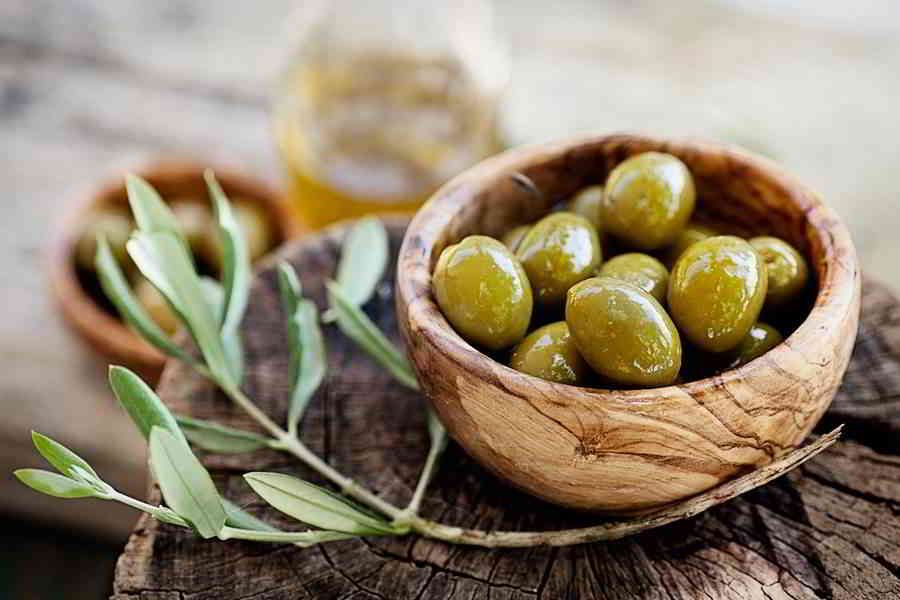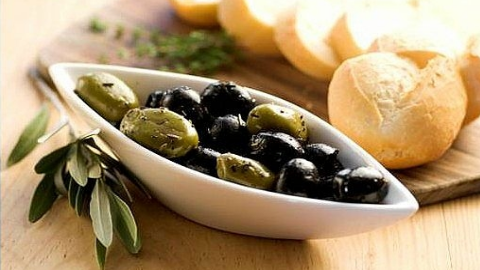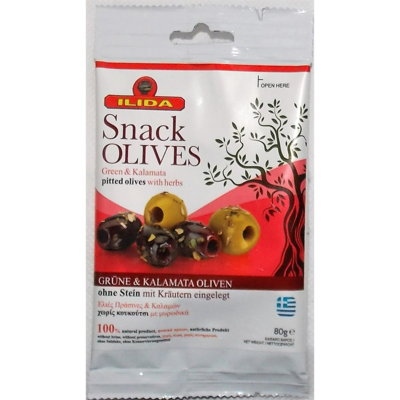Nutritional Value of the Olive
One of the main characteristics of the countries around the Mediterranean Sea basin is the presence of olive trees. The olive tree is an evergreen tree that flourishes in temperate climates without extreme temperatures and humidity levels (Greece, Spain, Italy). It is a characteristic fruit of the Mediterranean region since ancient times until today.
The olive is a unique delicacy on every table. It is consumed as an appetizer; it goes with pulses, salads, meze and other traditional dishes. It is also used as an ingredient in a great number of recipes in contemporary Mediterranean –and not only– cuisine. But apart from the wonderful flavor it gives to every dish, the olive is rich in nutrients and has a high nutritional value.
- Olives contain very few carbohydrates and are a rich source of monounsaturated fatty acids, which seem to have cardio-protective action, reducing the level of “bad” cholesterol and triglycerides while increasing the “good” cholesterol, especially when they are consumed as a replacement for saturated fats.
- The characteristic taste and the smell of the olive are due to polyphenols. Polyphenols act beneficially against cancer and also have significant anti-inflammatory qualities.
- Olives contain vitamins A, D, E and K, which enhance bone growth in children and adults. Vitamin E and other antioxidants reduce the risk of cell destruction. Vitamin A enhances the immune system, helps in the treatment of skin conditions, acts against carcinogenesis, prevents skin aging, and helps grow strong teeth, bones, and hair.
- The natural chlorine they contain can improve the functions of the liver, helping the system in the effective elimination of body waste.
- Olives are rich in minerals, like calcium, iron, magnesium, phosphorus, potassium, sodium. They contain sixty times more calcium than oil, ten times more phosphorus, and three times more vitamin A (as b-carotene).
During the last years, the olive has become an indispensable part of the Mediterranean diet and is included in almost all healthy regimes and the diet of millions of people.






